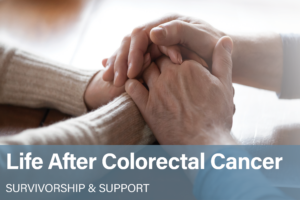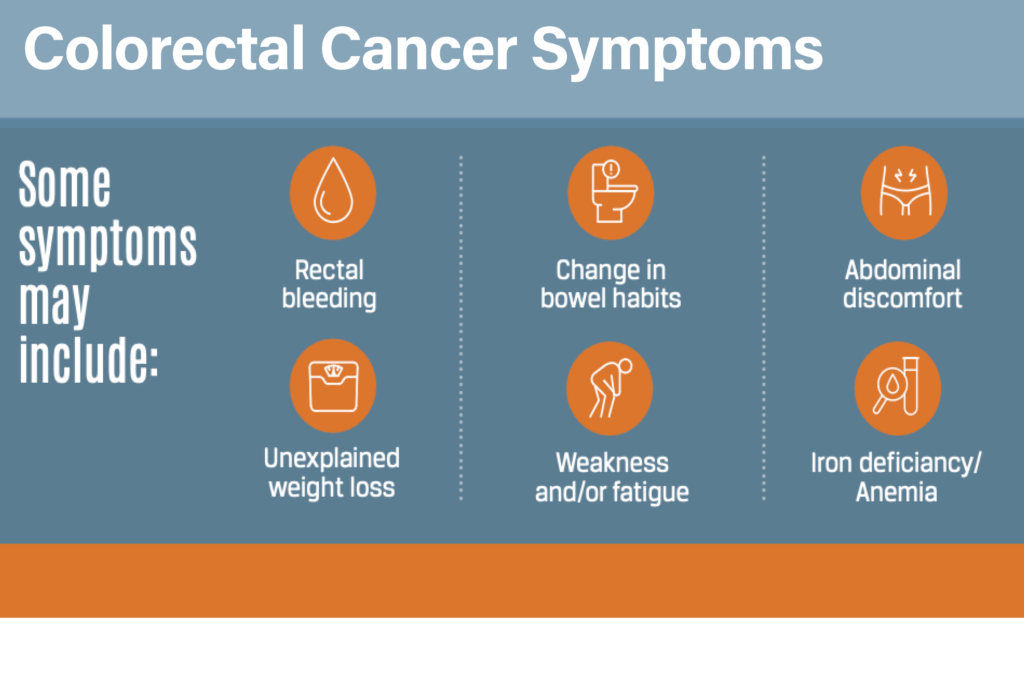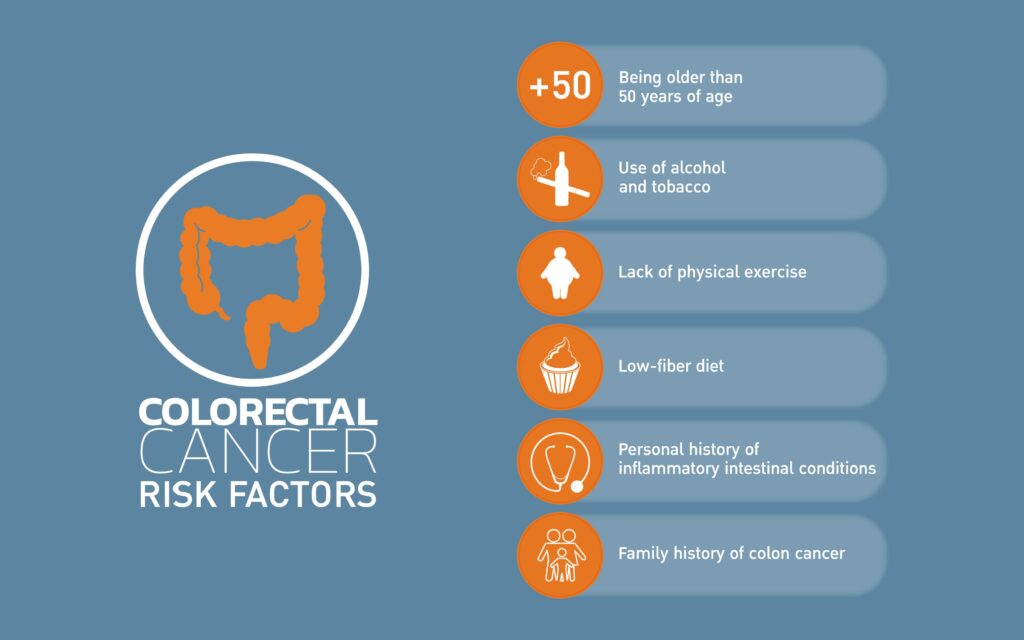Navigating life after colorectal cancer treatment can be challenging, but with the right resources and support, individuals can thrive in this phase.
Adjusting to Life After Treatment:
Completing colorectal cancer treatment marks the beginning of a new chapter, but it comes with its own set of adjustments. Managing long-term side effects, such as fatigue, bowel changes, and neuropathy, may require ongoing attention. Establishing healthy lifestyle habits, including a balanced diet and regular exercise, can aid in recovery and promote overall well-being.
Emotional Well-Being:
The emotional impact of a cancer diagnosis and treatment journey can linger long after treatment ends. Many survivors experience feelings of anxiety, depression, or fear of cancer recurrence. It’s essential to address these emotions and seek support from healthcare professionals, counselors, or support groups to cope effectively.
Survivorship Strategies:
Developing a survivorship care plan with your healthcare team is crucial for ongoing monitoring and support. This plan typically outlines follow-up appointments, screening schedules, and recommendations for managing late or long-term effects of treatment. Additionally, rehabilitation services, such as physical therapy or occupational therapy, can help survivors regain strength and function.
Community Support and Resources:
Patient advocacy organizations and support groups play a vital role in providing a sense of community and understanding for colorectal cancer survivors. Connecting with others who have shared similar experiences can offer comfort and practical advice. Local resources, such as cancer support centers or wellness programs, may also provide additional support services tailored to survivors’ needs.
Empowering Survivorship:
By sharing insights and resources for life after colorectal cancer treatment, we aim to empower survivors to embrace their journey and thrive beyond cancer. Survivorship is about resilience, adaptation, and finding joy in life’s moments. Remember, you are not alone, and support is available every step of the way.
Together, we can make a meaningful difference in the lives of those affected by this disease.







